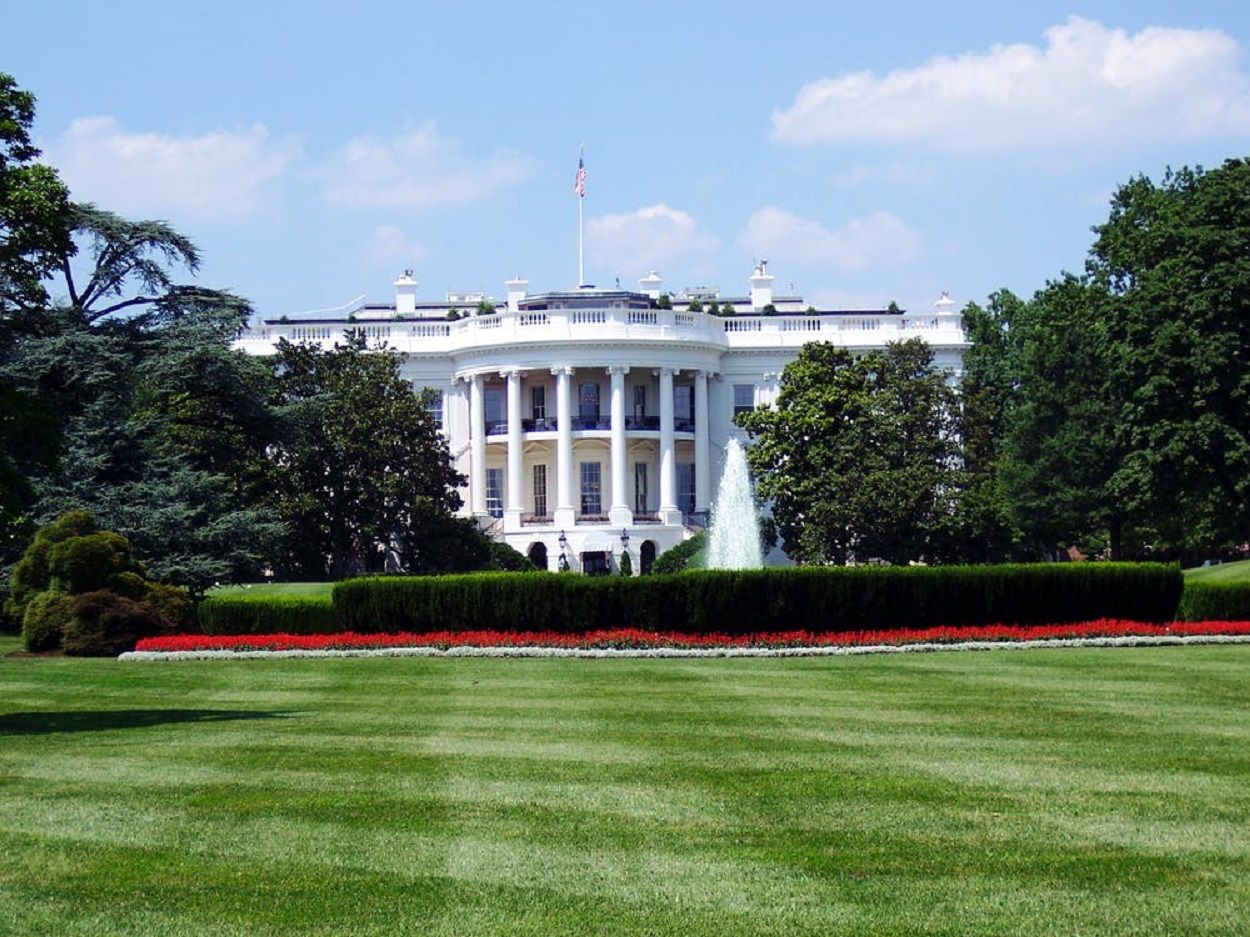- Crypto companies are meeting with legislators as part of Coinbase's campaign
- There is an increasing focus on keeping the federal government operating
- The government is more attentive to limiting use of crypto in money laundering
Crypto firms will gather at Capitol Hill today, September 28, but their efforts to advance industry-friendly laws are likely to take a back seat to conflicts over the federal budget and a regulatory crackdown on the use of crypto for terrorist financing, Reuters reported.
Numerous executives from crypto and NFT companies are meeting with legislators and their staff as part of a grassroots campaign Coinbase organized.
“Pounding the table”
According to Katherine Dowling, chief compliance officer of Bitwise, the crypto industry needs to keep “pounding the table.” Lawmakers seem to have more pressing tasks, however. There is an increasing focus on keeping the federal government operating and on bills that must pass this year, such as the National Defense Authorization Act (NDAA) and the Farm Bill.
Incessant regulatory issues
Bitwise is one of many companies pushing for the Securities and Exchange Commission to approve a spot Bitcoin exchange-traded fund.
Crypto firms have joined forces to combat excessive regulatory scrutiny, especially from the SEC, which sued Coinbase and Binance for allegedly selling unregistered tokens. Both exchanges deny the claims.
Industry spent $13M on lobbying in six months
The crypto industry spent almost $13 million on lobbying for federal laws in the first half of the year. In 2022, that amount was $21.6 million.
A bill passed by the House of Representatives in July would establish whether a cryptocurrency is a security or a commodity. There is another bill, which would create federal laws for stablecoins. The bills might eventually be introduced in the Senate, but prospects are dim. Industry-friendly crypto bills have never attracted support there.
Anti-money-laundering measures
The government is more focused on limiting the use of crypto in money laundering, terrorist financing, and other crimes. In July, the Senate passed its version of the NDAA, which included an amendment on deeper monitoring of anonymous crypto transactions.












